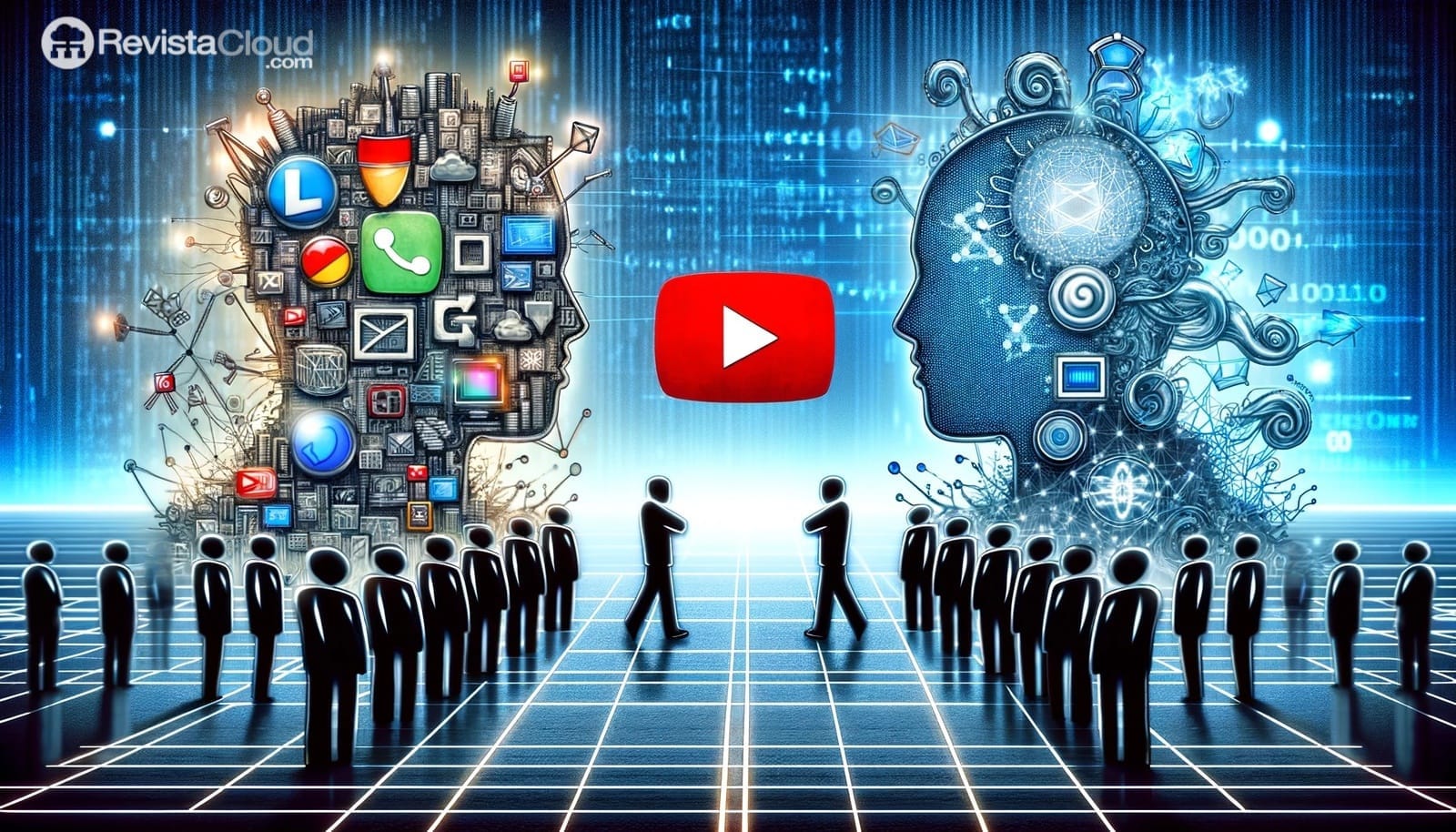In a controversial turn within the technological landscape, YouTube has expressed strong criticism towards OpenAI, accusing the artificial intelligence company of misusing platform data to train Sora, their text-to-video model. Despite the lack of concrete evidence to support this claim, Neal Mohan, CEO of YouTube, has been clear in his stance, stating that such action would constitute a “clear violation” of YouTube’s terms of service.
Key Points of Controversy:
Neal Mohan emphasizes that creators who upload their work to YouTube expect the platform’s terms of service to be respected. The use of their content by third parties without prior authorization is deemed a violation of these agreements.
On the other hand, Mira Murati, CTO of OpenAI, stated that Sora was trained using “publicly available data and licensed data.” However, the concerning aspect is that she could not confirm if this data includes videos from YouTube.
This conflict arises in a context where OpenAI has previously admitted to using copyrighted data to train their models, arguing that it is “impossible” to develop this technology without resorting to such resources.
Why Is This Situation Relevant?
Beyond the evident ethical concerns raised by this approach, it is important to highlight that Google is developing its own artificial intelligence tools. Mohan assures that Google complies with individual contracts with creators before using any YouTube video, meaning the company uses YouTube data to train its own models but opposes its competitors doing the same.
Implications for the Future of AI and Copyright:
The controversy between YouTube and OpenAI underscores the complexity of copyright and ethical issues in the development of artificial intelligence. As companies strive to advance in technological frontiers, dilemmas emerge regarding the proper use of data and the protection of creators’ rights.
As AI continues to evolve, the industry faces the challenge of striking a balance between innovation and respect for intellectual property laws. This case underscores the need to establish clear and fair guidelines that enable technological development without compromising the rights of individuals and creative entities.
A Competitive Race with Legal Consequences:
YouTube’s accusation against OpenAI highlights the tensions between major tech corporations in the race to lead the field of artificial intelligence. As these companies seek to develop increasingly advanced AI models, the controversy over the use of data protected by copyright remains a significant point of friction.
This dispute not only impacts the relationship between YouTube and OpenAI but could also have broader legal and regulatory implications for the AI industry as a whole. Resolving these conflicts will be crucial in defining the future of technological development and collaboration between platforms and content creators.

